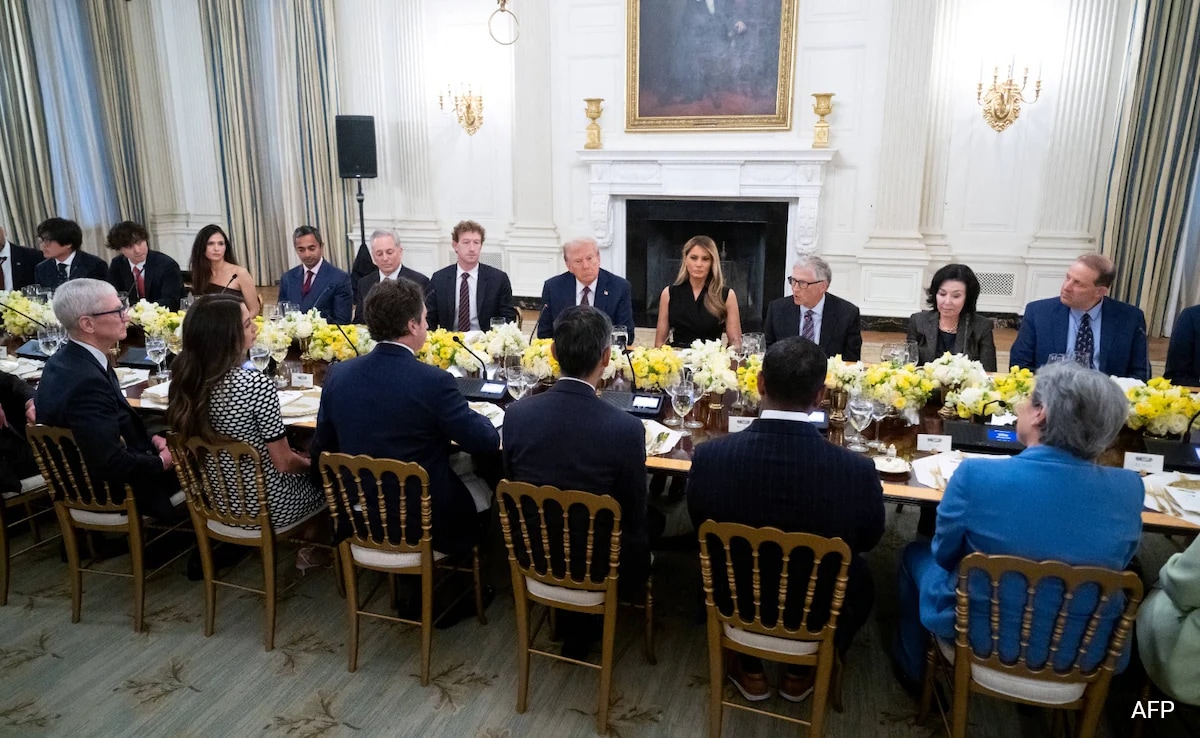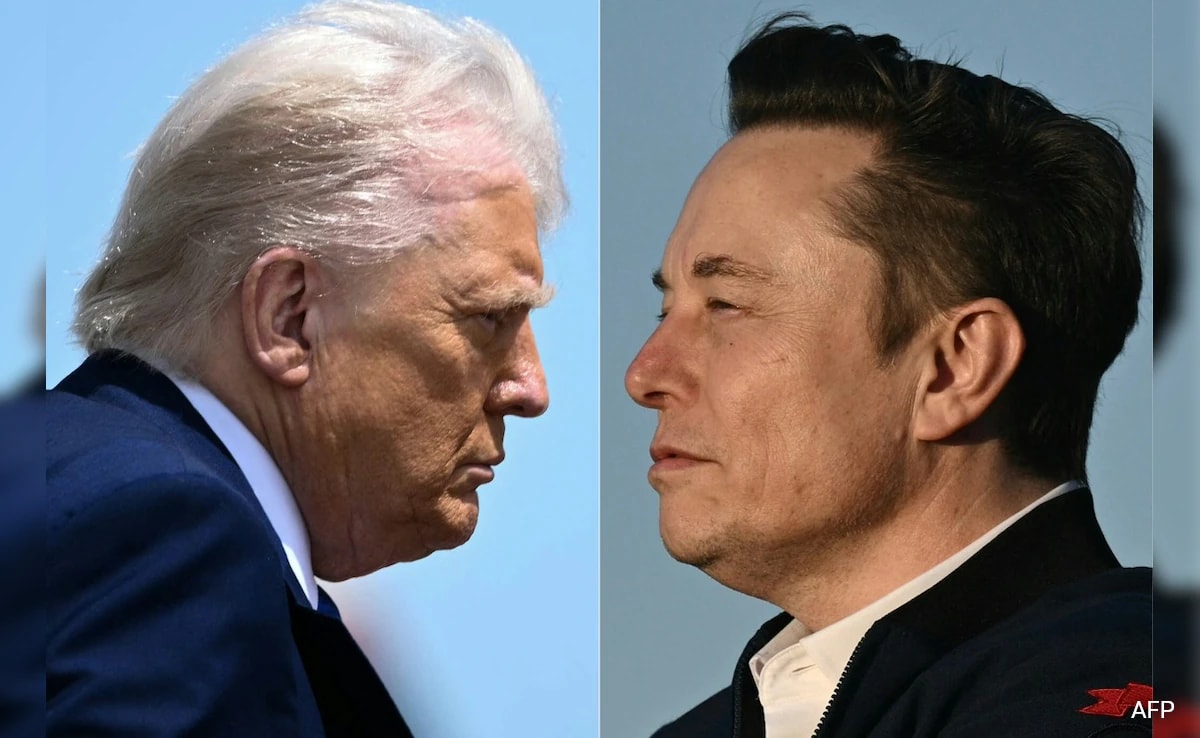The special session of the World Health Assembly, only the second ever held by the WHOâs governing body, pledged by consensus to begin work on an agreement, amid a round of applause, after three days of talks.
âI welcome the decision you have adopted today, to establish an intergovernmental negotiating body to draft and negotiate a WHO convention, agreement or other international instrument on pandemic prevention, preparedness and response,â WHO Director General Tedros Adhanom Ghebreyesus said.
The commitment by countries to negotiate a âglobal accordâ would âhelp to keep future generations safer from the impacts of pandemics,â he added.
However, agreeing to agree is a slow process and any final treaty could take years and is likely to come well after the end of the coronavirus pandemic. âOf course, there is still a long road ahead,â Tedros acknowledged.
The news was generally welcomed by advocates for a global system more equipped to address the inequity and supply constraints that emerged during the pandemic. âThe timetable for action is realistic,â said James Love, director of nonprofit watchdog group Knowledge Ecology International. âAll of that said, the ambitions are high in terms of both the legal status and the subjects to be addressed, and it will be difficult to keep this up.â
But some experts said that the proposal wasnât ambitious enough. âI think we need a âpublic health treatyâ that is broader and covers all big diseases,â said Srividhya Ragavan, an expert in global health at Texas A&M University of Law, adding that a âpandemic treatyâ would be a âself-center approachâ for the West.
âFact is, too many people are lost from lack of access to available medications for diseases such as cancer,â Ragavan said.
The assemblyâs decision will see the creation of an âintergovernmental negotiating bodyâ to draft and negotiate the final convention, which would then need to be adopted by member states. The negotiating body will hold its first meeting by March 1, the WHO said. It will also hold public hearings to inform its deliberations and deliver progress reports.
As the session got underway Monday, the WHO warned of a âvery highâ global risk from the omicron variant. Tedros said it âdemonstrates just why the world needs a new accord on pandemics,â and called for a âlegally bindingâ agreement.
The decision adopted by the assembly on Wednesday, however, stops short of calling for a legally binding instrument, but aims to beef up global action plans toward preventing, preparing and responding to future pandemics. The arrival of a fast-spreading variant from an under-vaccinated country should bolster those who favor a treaty. For over a year, experts have warned that âno one is safe until everyone is safe.â
Supporters say a âpandemic treatyâ or other international instrument could address some of the failures of the pandemic. For example, putting in place a global structure to identify threats earlier, better share data or genome sequences of emerging viruses and ensure the equitable distribution of vaccines or other drugs.
But some nations, including major players China and Russia, have reacted with apprehension to any calls for a treaty. The pandemic has shown that often, when threatened, governments donât tend to think globally, choosing instead to look out for themselves.
The United States has said it is largely in favor of such an accord.
âThe United States is committed to working with member states to take forward the recent recommendations of the working group on preparedness and response. That includes developing a new WHO convention, agreement, or other international instrument and making agreements to improve the effectiveness and agility of international health regulations,â White House press secretary Jen Psaki said Tuesday. âOf course, thatâs in all of our interests.â
Britain and European Union states have also championed an agreement. Outgoing German Chancellor Angela Merkel called for âreliable financingâ for the WHO this week and increased contributions from its member states â while alluding to the E.U. position in favor of a binding agreement.
âViruses know no national borders,â Merkel said by video message. âThatâs precisely why we should lay down measures to be taken to improve prevention, early detection, and response in internationally binding fashion.â
This report has been updated.
Read more:
.png)











 English (United States) ·
English (United States) ·  Turkish (Turkey) ·
Turkish (Turkey) ·